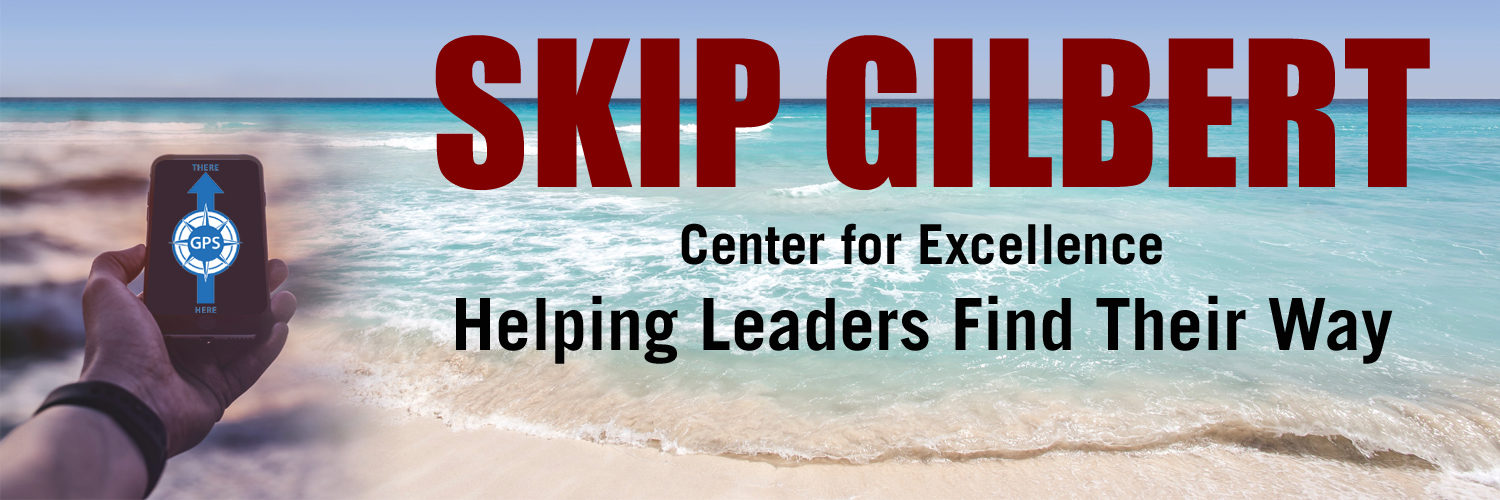Create a Bigger Vision

“You are not here merely to make a living. You are here in order to enable the world to live more amply, with greater vision, with a finer spirit of hope and achievement. You are here to enrich the world, and you impoverish yourself if you forget the errand”. — Woodrow Wilson
Sometimes it feels like we do not know where we are headed. We just seem to be going through the motions. Where are we going? Where do we go from here? Is this all there is? How many times have you felt this way or asked yourself these questions? I know I have more often than I care to admit.
When this happens it just may be possible that we need a bigger vision. Perhaps a bigger vision of who we are, what we want to accomplish or where we are headed. Without a firm picture of where we want to be, we will wander aimlessly from one challenge or crisis to another with limited energy and enthusiasm.
According to Dictionary.com, vision is defined as: the act or power of anticipating that which will or may come to be. By creating a picture in our mind of what we want the future to look like, we are establishing a multidimensional impression that can energize our thoughts and actions toward a specific outcome. The bigger and more clearly focused the mental image is the more we are able to channel our energy into moving in that direction.
A bigger vision allows us to put more energy into what we do to get to a better place. It also offers more room for creativity and innovation. The bigger vision allows us to consider possibilities that we might not have ever considered and opens creativity that leads us in a different direction to a more satisfying outcome.
We need to see ourselves as part of something bigger. When we just focus on ourselves we are missing out on how we interact with the rest of our environment. As we examine our wants, needs and motivations, we are likely to find that it is the connection to other people, through family and/or work organizations that drives our satisfaction. Being part of something bigger can help give a larger meaning to our lives. In order to expand, we have to be willing to explore the ways we limit our lives.


